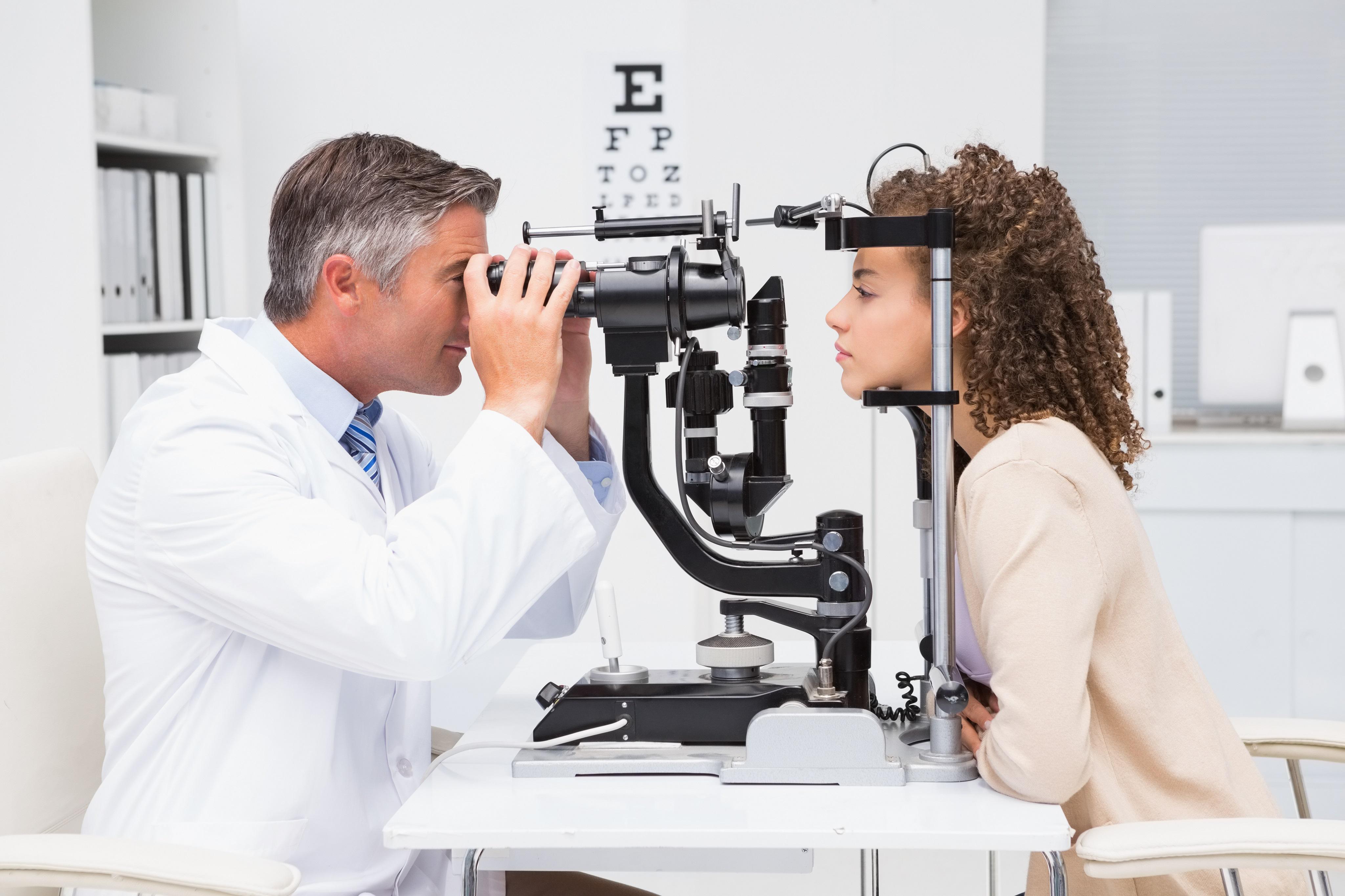Leading Cardiologist Andalusia: Your Companion in Heart Health
Wiki Article
Is Refractive Surgical Procedure Right for You? Aspects to Think About for Better Eyecare
In the world of eye treatment, the decision to undertake refractive surgical treatment is a crucial one that demands thoughtful consideration. From the details of one's ocular health to the details of personal expectations and daily habits, each element holds importance in the broader landscape of refractive surgical procedure candidateship.Eye Health Assessment
When taking into consideration refractive surgical procedure, a detailed eye health and wellness evaluation is essential to assess the viability of the treatment for each individual. neurologist andalusia. This examination entails a collection of exams and examinations conducted by an eye care expert to determine the general health of the eyes, the existence of any hidden problems, and the stability of the refractive mistakeDuring the analysis, numerous aspects are considered, such as the person's case history, current eye prescription, corneal density, pupil dimension, and tear movie top quality. These assessments help to determine any kind of contraindications to refractive surgery, such as corneal irregularities, cataracts, or without treatment eye infections. Additionally, the evaluation helps to handle client expectations regarding the prospective results of the surgical procedure based upon their distinct eye characteristics.
Ultimately, the eye health examination is important in making sure the safety and security and efficiency of refractive surgical treatment, as it supplies important insights into the individual's eye wellness standing and assists determine one of the most suitable therapy choices for attaining optimal aesthetic results. (andalusia pediatrics)
Way Of Living Analysis
A comprehensive way of life analysis is important in identifying the suitability of refractive surgery for a person's aesthetic adjustment needs. Lifestyle factors such as occupation, pastimes, and daily tasks play an essential duty in the decision-making process pertaining to refractive surgical treatment.In addition, way of living routines such as sporting activities involvement, outside activities, or perhaps skincare routines can affect the healing process and overall success of refractive surgical procedure. For example, people who participate in contact sports may require to take extra preventative measures to secure their eyes throughout the recovery period. Additionally, individuals with considerable sunlight direct exposure might require extra post-operative treatment to avoid problems. By performing an extensive way of life evaluation, eye care specialists can tailor their referrals and therapy plans to satisfy the special needs of each individual, ultimately causing improved aesthetic results and satisfaction.
Assumption Positioning

Clients need to understand that while lots of individuals achieve 20/20 vision or better following refractive surgery, some may still require glasses for particular tasks like analysis or driving at evening. Taking care of these link expectations helps avoid disappointment and dissatisfaction post-surgery, leading to a more favorable total experience for the patient.
Threat Evaluation

Factors that might enhance the threat of complications include age, specific clinical problems like autoimmune illness, unsteady vision prescription, thin corneas, and unrealistic person assumptions. Additionally, picking a proficient and seasoned surgeon, following pre and post-operative care instructions vigilantly, and divulging any type of appropriate case history can help reduce risks.
To minimize the chance of complications, ophthalmologists perform complete pre-operative examinations to recognize any kind of contraindications to surgery. They additionally review the possible dangers and advantages with individuals during the consultation process. By taking part in open interaction and shared decision-making, both the patient and the eye doctor can function together to identify if refractive surgical procedure is the appropriate option based on private danger accounts and wanted end results.
Appointment Value
Thinking about the essential role of informed decision-making in examining dangers and possible difficulties in refractive surgical treatment, the examination procedure holds significant value in assisting patients towards ideal outcomes. Throughout the examination, the ophthalmologist examines the client's eye health, refractive mistakes, and general suitability for surgical procedure. This initial assessment is critical in figuring out the most appropriate treatment for each individual, considering elements such as corneal density, pupil size, and existing eye conditions.Furthermore, the assessment works as a possibility for clients to review their assumptions, concerns, and any kind of concerns they might have pertaining to the surgical procedure. Clear communication between the cosmetic surgeon and the client is vital to make certain sensible assumptions and a comprehensive understanding of the possible dangers and advantages included.
In addition, the examination permits the specialist to explain the various medical alternatives readily available, their respective results, and the post-operative treatment required. This detailed discussion encourages individuals to make well-informed decisions regarding their eye treatment, bring about better fulfillment and results post-surgery.
Conclusion
In conclusion, people considering refractive surgical procedure ought to click here now undertake a detailed eye wellness examination, examine their way of living routines, straighten their assumptions with prospective results, examine the involved dangers, and prioritize consultations with eye treatment professionals. These aspects play a vital role in determining the suitability of refractive surgery for each individual, ensuring optimal outcomes and satisfaction with the treatment.People thinking about refractive surgical treatment often have high assumptions concerning the end results, anticipating excellent vision without the demand for glasses or contact lenses. While refractive surgical treatment can considerably boost vision and official site reduce dependency on aesthetic aids, it is essential for clients to recognize that outcomes may vary based on private variables such as the degree of refractive mistake, corneal thickness, and total eye health.
By engaging in open communication and shared decision-making, both the patient and the eye doctor can work with each other to determine if refractive surgical treatment is the ideal option based on individual risk profiles and preferred outcomes.
Considering the critical role of notified decision-making in analyzing threats and potential problems in refractive surgery, the assessment process holds substantial value in guiding clients in the direction of optimal outcomes. Throughout the appointment, the eye doctor evaluates the client's eye health and wellness, refractive mistakes, and total viability for surgical treatment.
Report this wiki page